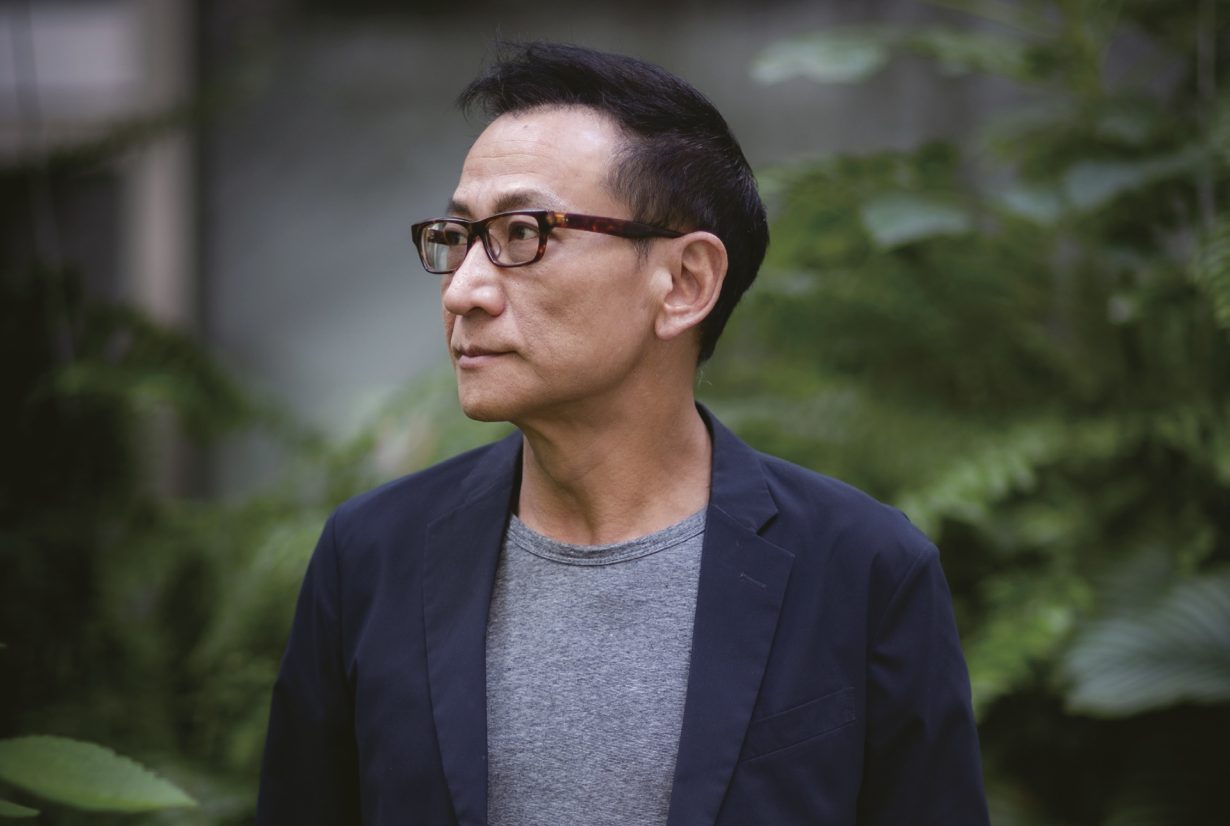ArtReview sent a questionnaire to artists and curators exhibiting in and curating the various national pavilions of the 2024 Venice Biennale, the responses to which will be published daily in the leadup to and during the Venice Biennale, which runs from 20 April to 24 November.
Yuan Goang-Ming is representing Taiwan; the pavilion is located inside the Palazzo delle Prigioni, a former prison with a court, and torture chambers.

ArtReview What do you think of when you think of Venice?
Yuan Goang-Ming Tourists everywhere.
AR What can you tell us about your exhibition plans for Venice?
YGM This exhibition is titled Everyday War. I had been planning and working on it since before the pandemic. It is a continuation of what always concerns me: the idea of everyday war and the everyday in warfare. It serves as a metaphor for the state we live in, and how poetic dwelling has been rendered unattainable.
For the Taiwan Pavilion, I am creating a homelike setting, with a couch and everything, transforming the domain of watching into an empathetic space for the viewer. It is a reflection of how war on an everyday level has expanded beyond actual artillery and military conflict to include uneven distribution induced by postcapitalism, the pandemic, Web attacks, climate anomaly and racial oppression. We seem to have inhabited a constant state of war, part of a new normal that is slowly turning quotidian.
Foreigners Everywhere, the theme of this year’s Venice Biennale, foregrounds the artists travelling between the Southern and Northern hemispheres, as well as the displacement and amalgamation of people across countries, ethnic groups, territories and borders. This especially resonates with my early video works, which pivot on the idea of home, fluidity and the ever-changing subconscious.
AR Why is the Venice Biennale still important, if at all? And what is the importance of showing there? Is it about visibility, inclusion, acknowledgment?
YGM It is important, because it serves as an international platform, facilitating the exchange between viewers and professionals across the globe. If we can be seen, and garner attention, this promotes cultural engagement and understanding.
The Biennale enhances the visibility of Taiwanese contemporary art. On the other hand, because of Taiwan’s unique political position, the Taiwan Pavilion has become an important window through which the world imagines Taiwan’s subjectivity.
AR When you make artworks do you have a specific audience in mind?
YGM No.

AR Do you think there is such a thing as national art? Or is all art universal? Is there something that defines your nation’s artistic traditions? And what is misunderstood or forgotten about your nation’s art history?
YGM The term ‘national art’, for me, sounds a bit harsh. It reminds me of nationalism or propaganda, prejudice, and exclusivity. Indeed, every country has its own way of confronting the world, due to its sociocultural environment, and produces different kinds of art. Art really is as much universal as it is personal.
As far as Taiwan is concerned, there is no such thing as ‘what is misunderstood or forgotten about the nation’s art history’ on an international art platform. That is because Taiwan has never been on the radar due to its political situation, let alone being misunderstood or forgotten.
AR If someone were to visit your nation, what three things would you recommend they see or read in order to understand it better?
YGM People, natural landscape, democracy.
AR Which other artists have influenced or inspired you?
YGM There are too many, directly or indirectly. It is hard to list them all, and I don’t want to miss any one of them, so I can’t answer this.
AR What, other than your own work, are you looking forward to seeing while you are in Venice?
YGM I look forward to seeing works that are unexpected, intriguing and with temperature.
The 60th Venice Biennale, 20 April – 24 November